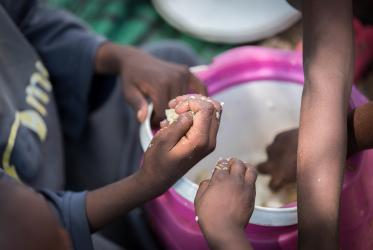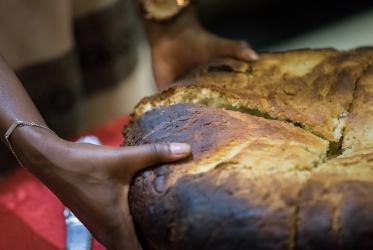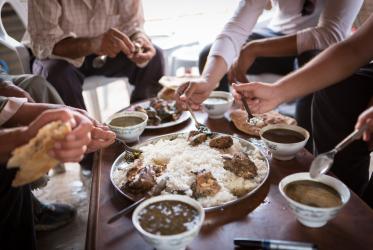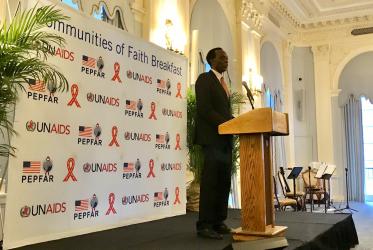Displaying 61 - 80 of 293
Martin Khor Kok Peng, “friend of the poor,” passes away
03 April 2020
Faith communities vital in overcoming hunger
18 March 2020
Eco-School promotes blue communities, green churches
19 November 2019
WCC Eco-School begins in Thailand
07 November 2019
Young people in Togo: “Hear our voice! We want to tell our stories!”
07 November 2019
Frontline advocates in Uganda are putting a stop to HIV stigma
16 September 2019
In Fiji, young people ‘walk the talk’ with advocacy
12 September 2019












